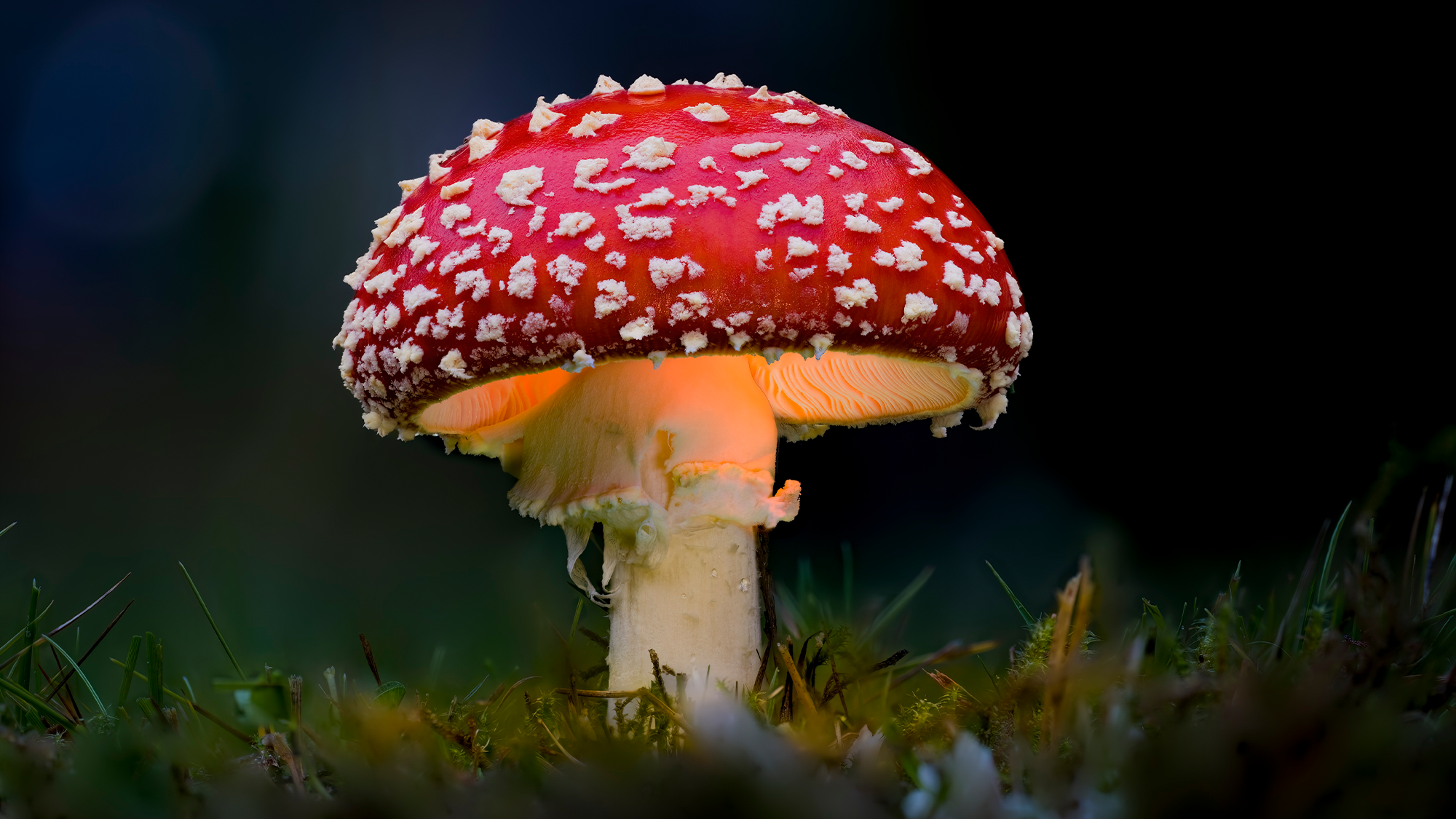Mario’s super-sized mushroom exists in real life
PositiveScience

Did you know that Mario's iconic super-sized mushroom actually exists in real life? While these mushrooms don't power up plumbers, they have certainly made toadstools a popular topic thanks to the beloved video game that has entertained fans for 40 years. This fascinating connection between gaming and nature highlights how pop culture can influence our perception of the natural world, making it a fun and engaging way to learn about mushrooms.
— via World Pulse Now AI Editorial System